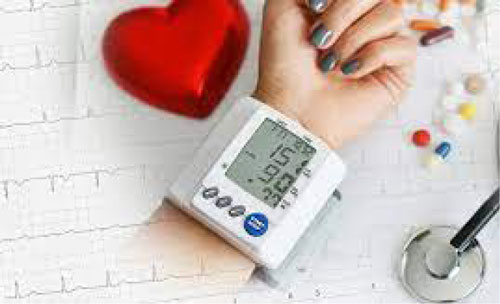THE body’s hormonal response to experiencing stress is a natural function that humans and animals have in common.
Excessive levels of stress hormones, such as norepinephrine, epinephrine, dopamine, and cortisol can adversely affect people’s health.
A new study suggests that higher levels of stress hormones may have links to an increased risk of high blood pressure and cardiovascular events.
Scientists have studied how the body responds to its environment for years. Stress Trusted Sourceis the result of pressures or tensions and how the body responds to them.
StressorsTrusted Source lead to a change in the body’s normal state, causing it to respond in several different ways. These changes, which are called the stress response, include the release of certain hormones.
Scientists are still exploring the effect of this stress response and the overall impact of stress on long-term health complications.
A new study published in Hypertension, an American Heart Association journal, shows mounting evidence that higher levels of stress hormones may increase a person’s risk of high blood pressure and cardiovascular events.
The body’s stress response is complex and involves multiple hormones, including cortisol. The adrenal glands produce cortisol, which increases energy levels and helps the body react during emergencies.
Stress also plays a role in the release of catecholamines. Examples of catecholamines include dopamine, epinephrine, and norepinephrine (also known as adrenaline and noradrenaline, respectively).
Epinephrine and norepinephrine both play key roles in the body’s fight or flight response. When exposed to a perceived threat, the fight or flight response prepares the body to face or evade the danger.
When a person is under stress, the body has higher levels of these hormones. While these stress responses can help short-term, longer-term stress or continued exposure to stress can cause health problems.
As noted by the American Heart Association, chronic stress may lead to high blood pressure, which increases a person’s risk of having a stroke or heart attack.
Furthermore, when people experience stress, they may turn to unhealthy coping mechanisms that put them at risk for poor physical health.










